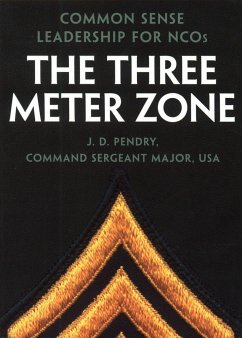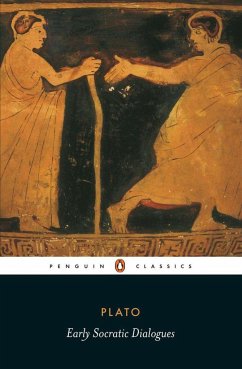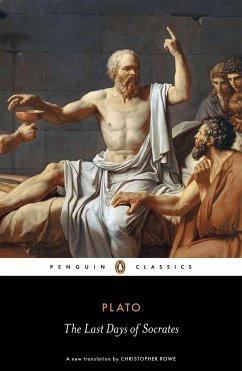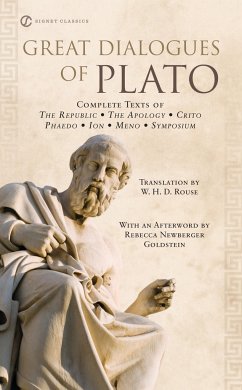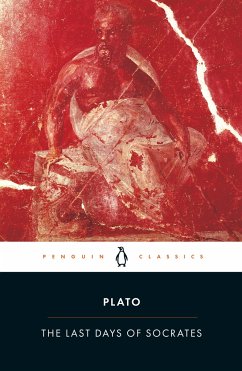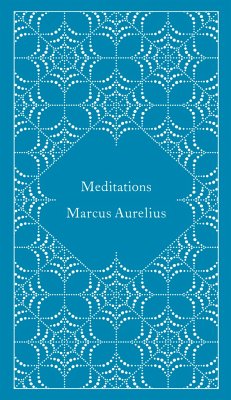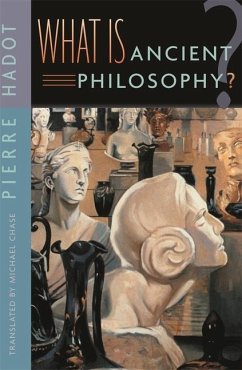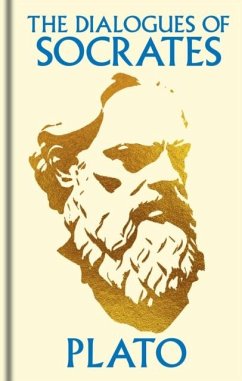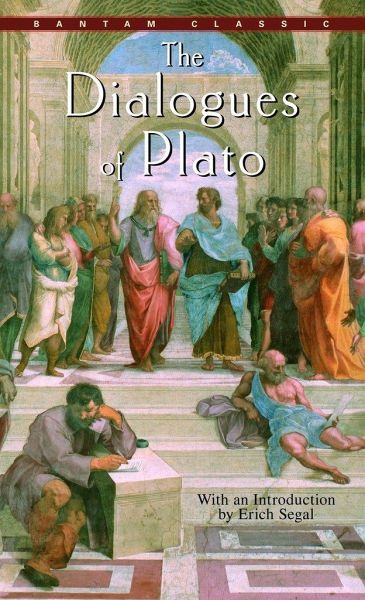
The Dialogues of Plato
Versandkostenfrei!
Versandfertig in über 4 Wochen
7,49 €
inkl. MwSt.
Weitere Ausgaben:

PAYBACK Punkte
4 °P sammeln!
Socrates' ancient words are still true, and the ideas found in Plato's Dialogues still form the foundation of a thinking person's education. This superb collection contains excellent contemporary translations selected for their clarity and accessibility to today's reader, as well as an incisive introduction by Erich Segal, which reveals Plato's life and clarifies the philosophical issues examined in each dialogue. The first four dialogues recount the trial and execution of Socrates-the extraordinary tragedy that changed Plato's life and forever altered the course of Western thought. Other dial...
Socrates' ancient words are still true, and the ideas found in Plato's Dialogues still form the foundation of a thinking person's education. This superb collection contains excellent contemporary translations selected for their clarity and accessibility to today's reader, as well as an incisive introduction by Erich Segal, which reveals Plato's life and clarifies the philosophical issues examined in each dialogue. The first four dialogues recount the trial and execution of Socrates-the extraordinary tragedy that changed Plato's life and forever altered the course of Western thought. Other dialogues create a rich tableau of intellectual life in Athens in the fourth century b.c., and examine such timeless-and timely-issues as the nature of virtue and love, knowledge and truth, society and the individual. Resounding with the humor and astounding brilliance of Socrates, the immortal iconoclast, these great works remain powerful, probing, and essential.




